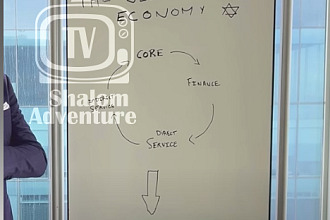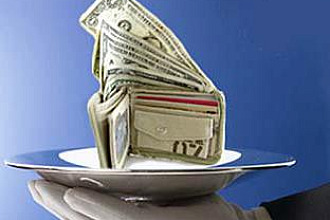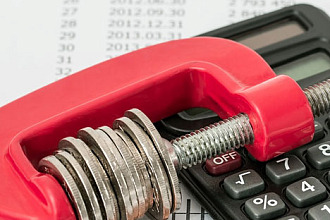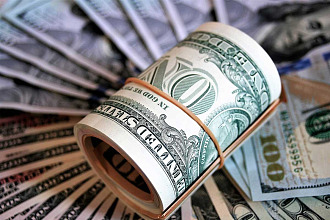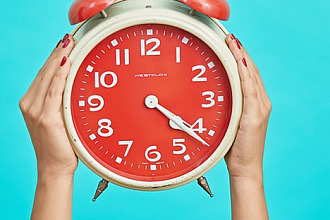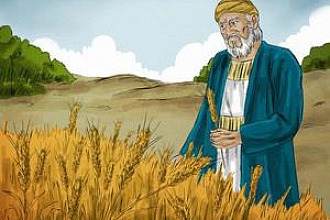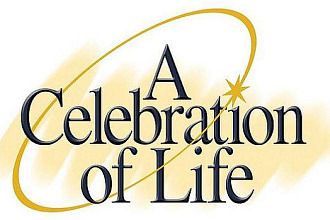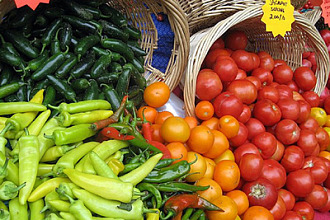It is nice to have some fresh produce in the house. Trading canned or dried foods in for the fresh versions can really make a big difference in the taste of your food. However fresh produce can be expensive, which is one of the reasons we may opt for the canned and frozen versions to begin with.
If you can buy directly from a farm you may save a lot of money-maybe not everywhere-but I have noticed it seemed easily to get a lot of fresh produce in bulk for very little. I think supporting local farmers can be very beneficial. Not only is it nice to have good relationships with your local farmers and build a deeper connection with your community it is also more environmentally friendly to eat locally grown items than to have the same produce shipped from thousands of miles away by truck, plane, and/or other modes of transportation that may contribute to pollution. Also, by the time the produce gets to the stores it may not taste as fresh as it would if it was recently picked anyway.
I would go to tiny food stands in the middle of nowhere and pickup a lot of nice things with a relative who would often end up buying more than we could eat unfortunately. I would warn against buying more than you can use within a reasonable amount of time however well meaning you maybe. Wherever you do shop, when picking fresh produce in somewhat larger batches if you don't plan to freeze or can it I think it is a good idea to buy the items in varying stages of ripeness. This way they don't all get rip at once so your rate of eating it can keep up with what is ready to be eaten to avoid waste due to spoilage if you can't use them all at once. This is where your nose and fingers come in.
With some sweet fruits like pears and peaches you should be able to smell the fruit itself to tell if it is ready to eat. Generally, the more you can smell it the riper it is so if you are buying quite a few at once it is good to buy some that smell sweet and some that that don't have as strong a scent so they don't all ripen at the same time to reduce the chances of them going to waste. With avocados and other fruits that soften as they ripen which may not have as much smell (and even some that do), a gentle touch should be helpful to determine those that are hard from those that have a softened. Don't squeeze them too hard when checking. They shouldn't leave dents or be overly soft when ripe, just not very hard when you touch them. And again pick items in varying stages of ripeness. Also it is good to put some in the refrigerator to slow down the ripening process so they are not all ready at once.
When it comes to determining the ripeness of some things that change color like tomatoes and bananas the color easily gives that away, with green generally meaning it is unripe and developing another color in a rich shade means it is; however you can cook both green tomatoes and bananas. Some people like to cook green tomatoes after breading them with seasonings with flour and frying them (you could bake them too) and green bananas can be cooked in coconut milk with onions, salt, and other seasoning for a savory dish (no it doesn't taste sweet, green bananas are almost potato like when very unripe). So even if you buy a lot of produce like this when it is on sale you have a longer time frame to enjoy your food so it is not wasted.
So when buying produce in bulk it is good to mix things up with vary degrees of ripeness if you won't eat them all at once, however you should still keep in mind how much you can use so you don't waste it. You may even be able to get a head start on using your produce by eating some things while still unripe and still be able enjoy it later on when it has ripened later (please, make sure the plant is edible at every stage of ripeness before trying this though, some things like ackee maybe poisonous if not ripe enough). If you can't get fresh produce for cooking you can opt for frozen, it might not be the same but it may be the next best thing.
Picture originally found here:












